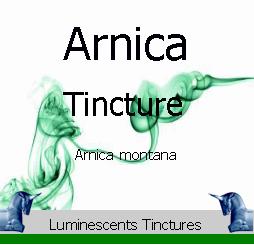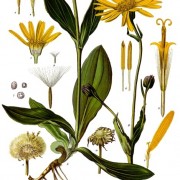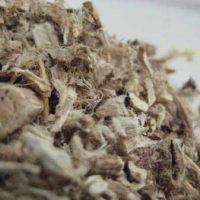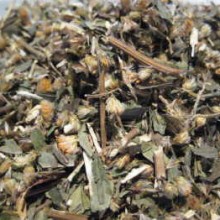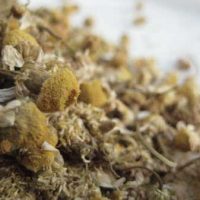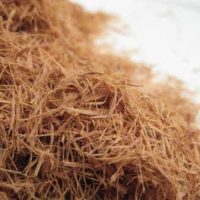Arnica Flower Tincture is used both topically and to a much lesser extent internally. The tincture can be used as is or mixed into an ointment of your own making.
Traditional Uses for Arnica Flower Tincture:-
Arnica (Arnica montana) has been used for centuries for oedema (fluid retention) and swelling, bruises, cuts, arthritis, sore muscles and joints, sore throats, swollen insect bites, and phlebitis.
The plant parts used are the flowers and, more rarely, the root or rhizome stock. It is an expensive herb by today’s standards and purists who only want the root stock have to pay a premium for the fact that the plant has to be dug up to obtain it, therefore, its perennial status is terminated. The flowers are also extremely expensive.
It is rarely, if ever nowdays, used internally and almost always applied topically as a tincture, ointment, oil infusion or macerated in oil. Tinctures and salves or ointments made using these flowers are used for sprains, bruises, wounds, etc. Arnica preparations are commonly used externally.
It has also been approved by the European Commission for fever and colds, inflammation of the skin, cough/bronchitis, inflammation of the mouth and pharynx, rheumatism, common cold, blunt injuries, and things that tend towards infection.
Arnica is not commonly used internally because of the irritant effect on the stomach and has been known to cause poisoning. A surfeit of ingested Arnica will cause vomiting, diarrhoea, and bleeding of the mucous membrane tissues.
It is, in addition, Anti-phlogistic (anti inflammatory) an analgesic, antiseptic, diuretic, stimulant.

